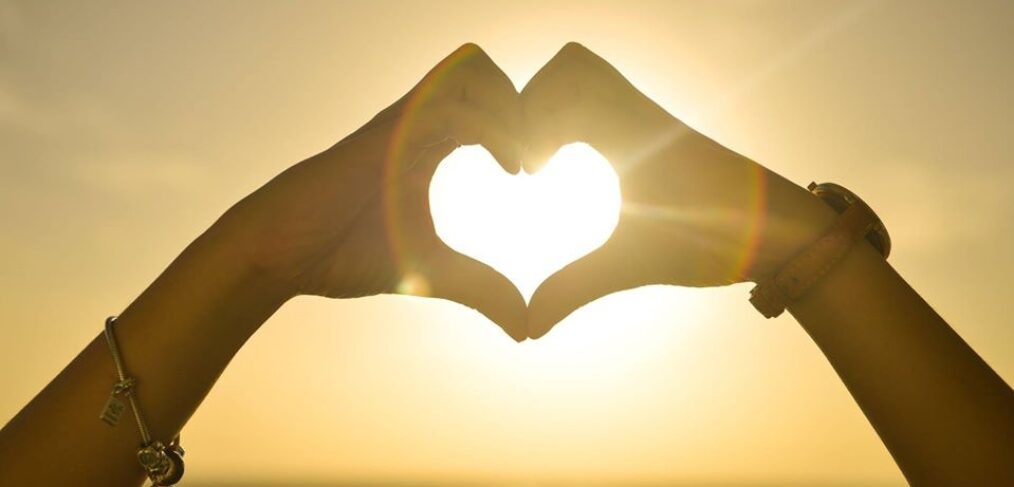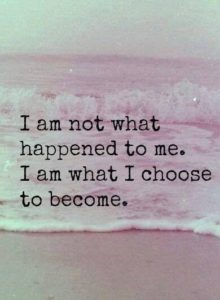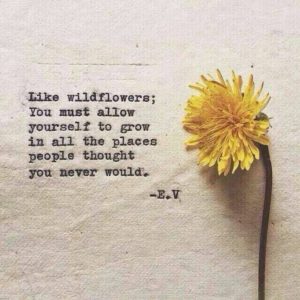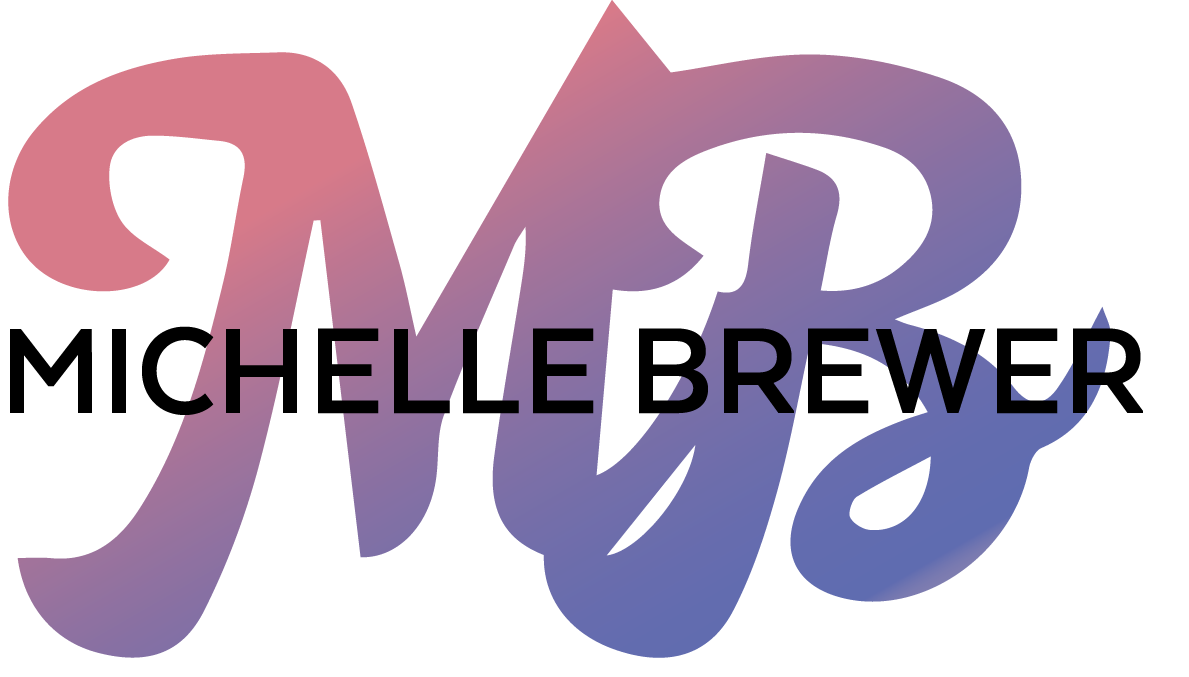
My Year of Blogging Shamelessly: Part Three of Six
One woman’s journey from her body to her soul letting her relationship with food show the way.
There in front of me, interviewing me, was this pretty, young Parisian student maybe in her twenties, blue eyes, long light wavy hair, with what society would call an ideal body. Someone with a breathtaking air of innocence, who if you saw on the street you might assume didn’t have a care in the world. Everything about her seemed perfect.
Yet, there she was there sitting across from me versed in the most intimate details of my pain and brokenness. There she was in my living room with a team she had mobilized because she wanted to know more. In spite of her seeming perfectness, I could see that she too understood pain and brokenness. In that moment, she became beautiful.
***
 Some months after the incident between my mum’s boyfriend and me, I started to attend college in my city. During that year I became involved with another student. We had a tumultuous relationship ourselves: because we were young and because that was what I knew. It would be hard to call him my boyfriend because of a lack of stability and regularity. But it was breathtaking to feel as though I mattered to someone, that someone noticed me, liked me and desired me. Sometimes I would take a t-shirt of his home to sleep in just to smell him and feel close to him. Finally, I got to have a connection with someone that was all my own, that I didn’t have to share, earn or endure. I was singularly important. I made it clear to him that we could be intimate but that we wouldn’t have intercourse until we were in a committed relationship where we said we loved each other. By establishing these boundaries, I feel I was believing in my own worth again. At moments like these, intuitive hunger eating was easy. I lost a lot of weight.
Some months after the incident between my mum’s boyfriend and me, I started to attend college in my city. During that year I became involved with another student. We had a tumultuous relationship ourselves: because we were young and because that was what I knew. It would be hard to call him my boyfriend because of a lack of stability and regularity. But it was breathtaking to feel as though I mattered to someone, that someone noticed me, liked me and desired me. Sometimes I would take a t-shirt of his home to sleep in just to smell him and feel close to him. Finally, I got to have a connection with someone that was all my own, that I didn’t have to share, earn or endure. I was singularly important. I made it clear to him that we could be intimate but that we wouldn’t have intercourse until we were in a committed relationship where we said we loved each other. By establishing these boundaries, I feel I was believing in my own worth again. At moments like these, intuitive hunger eating was easy. I lost a lot of weight.
I moved away to go to university for my second year. Because of the distance and drama in our relationship, we didn’t keep in much contact and we dated other people. But when I came home two years later for the summer, he and I would hook up. It was always on the understanding of my stated sexual boundaries. No sex before establishing a relationship.
Then one late August night just before returning for university, we were at the bar dancing and flirting. I was very drunk. He invited me back to his place as he often did. I went willingly and happily. This time though, he went past the boundaries of our agreement. All of a sudden I realized he was inside of me. It was not violent. But there was no consent. No reason to think this time should have been any different than all the other times. In fact, even less so because I was so drunk I had been throwing up out of his car window on the way to his place. It was so bad that he put a large bowl beside the bed for me. He kept going when he knew he shouldn’t have. I was 21. This is how I lost my virginity.
***
The second theme that emerged from Brené Brown’s vulnerability research was the need to address shame. Why shame? Beyond the fact that her work concludes that shame is epidemic in our culture? Because every time she asked people to talk about vulnerability, the first thing they spoke of was shame. (Similarly, every time she asked them about love, they spoke of heartbreak; belonging, exclusion.) Shame is what stops us from being vulnerable, and vulnerability is the birthplace of joy, happiness, love, creativity, innovation and change. Because of shame, we are leading small lives. As she sees it, if we are not doing vulnerability then we are doing shame.
Shame is the fear of disconnection. Remember we are hardwired for love and belonging. Shame tells us that we are unworthy of connection because we are flawed. If I show myself, if other people knew or saw the real me, they would see how bad and thus how unworthy I am. I would be rejected. Shame is highly correlated to addiction, depression/anxiety, violence, aggression, suicide, bullying and eating disorders. These are the various responses of someone who is feeling inadequate, flawed, unworthy.
 Shame is different from guilt in that guilt tells us we did bad. Shame tells us we are bad. Guilt is positive. It may be uncomfortable, but it is adaptive. It calls on us to change how we act in order to align with the people we hold ourselves to be. As such, guilt is inversely correlated to the behaviours just listed. Shame by contrast is corrosive. It stops us dead in our tracks. It is the voice that sneaks up as we are poised to dare. It leaves us feeling small, afraid and resentful. How can we act boldly and risk letting ourselves be seen when we are terrified by what people might think? This is how shame kills vulnerability and everything that comes with it.
Shame is different from guilt in that guilt tells us we did bad. Shame tells us we are bad. Guilt is positive. It may be uncomfortable, but it is adaptive. It calls on us to change how we act in order to align with the people we hold ourselves to be. As such, guilt is inversely correlated to the behaviours just listed. Shame by contrast is corrosive. It stops us dead in our tracks. It is the voice that sneaks up as we are poised to dare. It leaves us feeling small, afraid and resentful. How can we act boldly and risk letting ourselves be seen when we are terrified by what people might think? This is how shame kills vulnerability and everything that comes with it.
For Brené Brown, there are three things we need to know about shame. One, it is universal. Unless we are sociopaths with no capacity for connection or empathy, we all have it. Two, no one wants to talk about it. Three, the less we talk about it, the more we have it. Shame makes vulnerability excruciating: if we’re not good at doing vulnerability then we can be damned sure that we’re good at doing shame. It is running our lives. And by running our lives Brown means letting fear stop us from daring greatly.
***
When I think back on that August night now, I realize I didn’t stop him for understandable reasons. One, I was in shock. Another, I was in no position due to my level of my intoxication. Yet another, because it was too late: what I’d been hoping for to be special was now gone. The moment of recognition of what was happening to my body was like an eternity in my mind. There was a flood of feelings that started with betrayal and ended in shame and self-blame. Somehow I didn’t believe I deserved anything better.
Another, I was in no position due to my level of my intoxication. Yet another, because it was too late: what I’d been hoping for to be special was now gone. The moment of recognition of what was happening to my body was like an eternity in my mind. There was a flood of feelings that started with betrayal and ended in shame and self-blame. Somehow I didn’t believe I deserved anything better.
It has been hard for me to see this as sexual assault. I was in his bed. We had been doing nearly everything but have sex. But mostly because acknowledging the reality of the assault would take from me the dream of a person who I’d felt saw me and valued me—as sorry as that sounds now.
If I saw it as an assault, I would be that girl from a broken home, whose parents hardly had any time for her, who couldn’t manage her weight, and who had stupidly hoped for something special the first time she had sex—but who was raped instead, and by the one person she believed was different from the rest. In the moment that it was happening, I powerlessly felt my emotional world falling out from under me. In a bid to hold on to it and because it was the truth, I told him loved him. He said nothing.



Wow Michelle. I’m sorry you experienced such betrayal, disappointment and violation. You are not alone. I’ve experienced those too. I’m so proud of the awareness you have now and the exemplary woman you’ve become. Much love
Thank-you, Kelli. I appreciate your sharing your profound hurt with me. You are balm, among many other things that I treasure. Grateful that we get to walk so much path together.
Daring greatly!
I shivered when I read this blog post a few weeks ago and haven’t been able to comment until now because it was too close to home. A similar thing happened to me – boundaries crossed; emotional closeness longed for, but mixed up with physical closeness that was empty; the shame of believing it was my fault; saying I Love You in order to somehow make it right. “Somehow I didn’t believed I deserved anything better”. I feel angry for what happened to you, and to me. And I also want to let it go.
Thank you for your bravery Michelle, your openness and your own vulnerability. It is helping us all to heal.
Chris, thank-you for writing what you have. It was powerful and healing for me to read. For so long I have felt alone with this. Oddly, since publishing this blog about it, there have been moments where I’ve felt even more alone. Sometimes even more to blame because “this seemed only to happen to me. I must have done something to deserve it.” That you have experienced this, and that you have shared it along with me has allowed me to feel more compassion toward myself. I am grateful. Brené Brown is right about the liberating power of the words “Me too!” Thank-you for making yourself as vulnerable as I have. It has made a big difference.